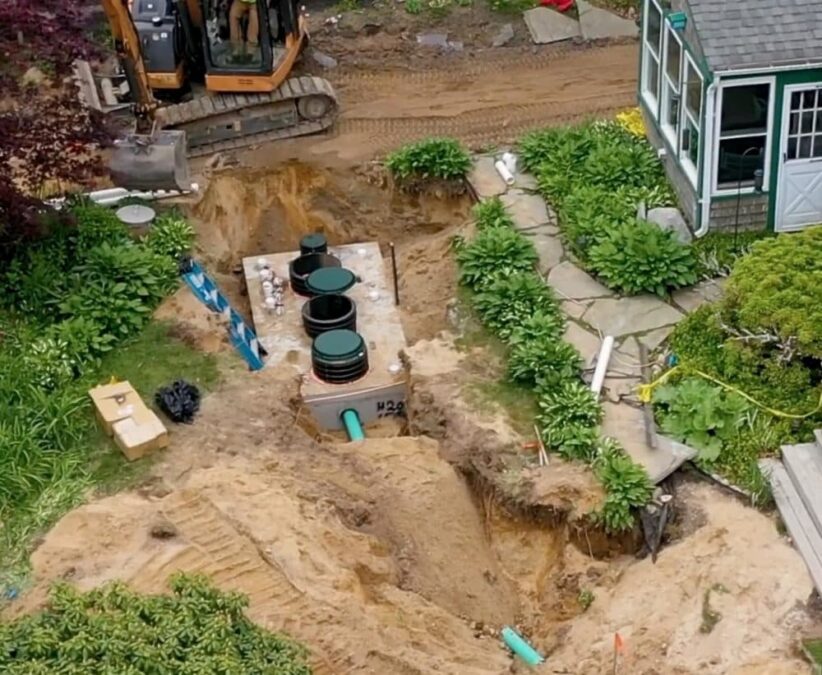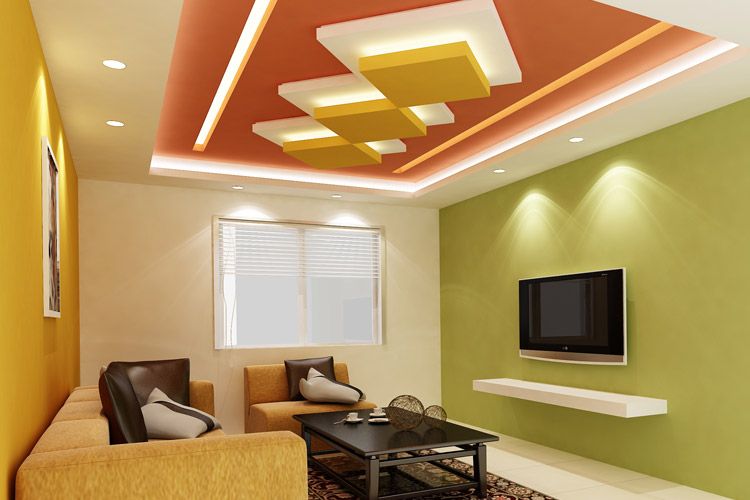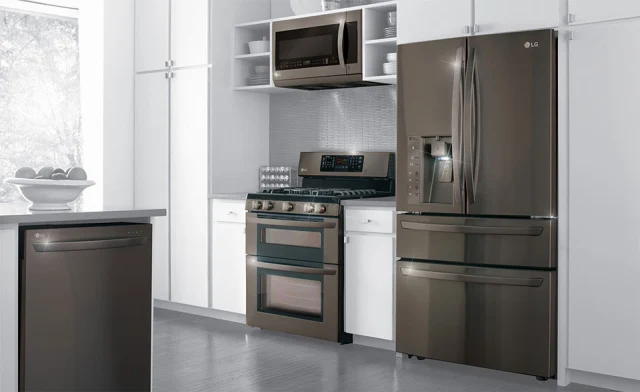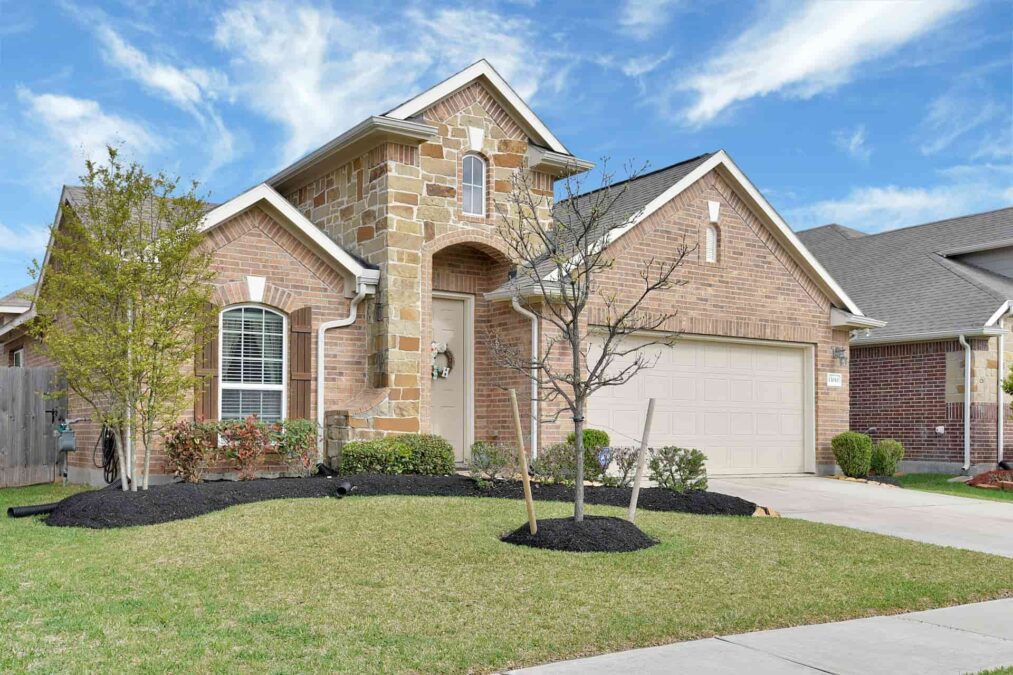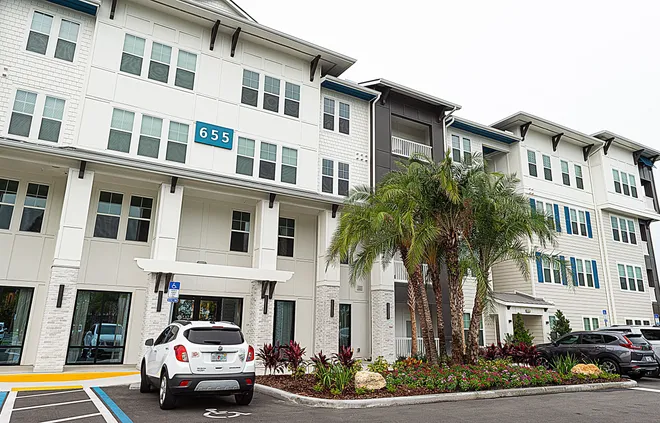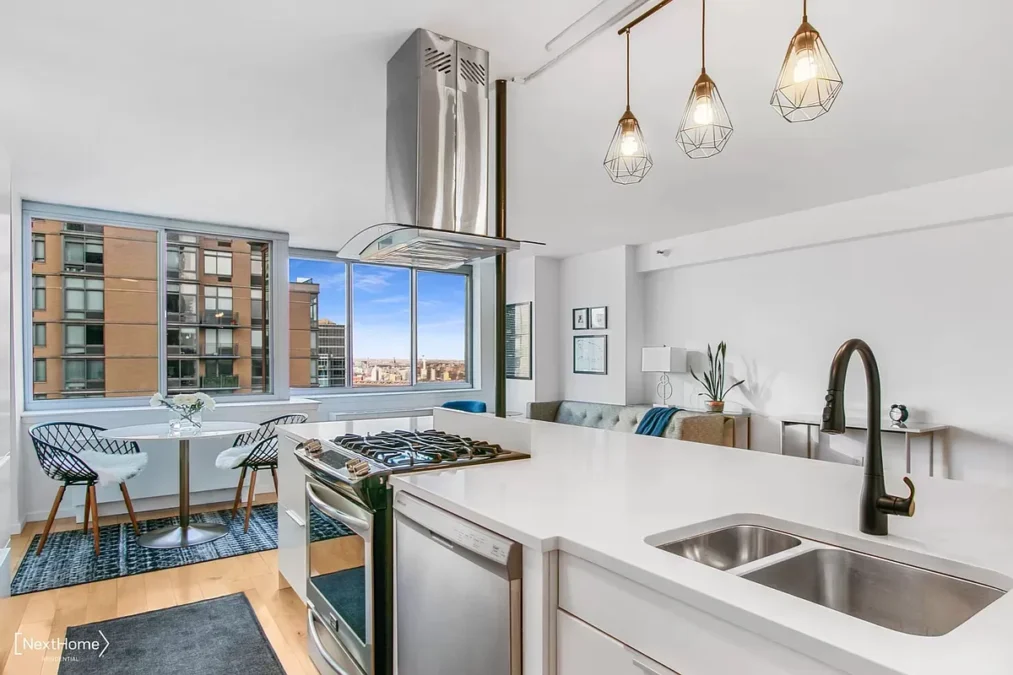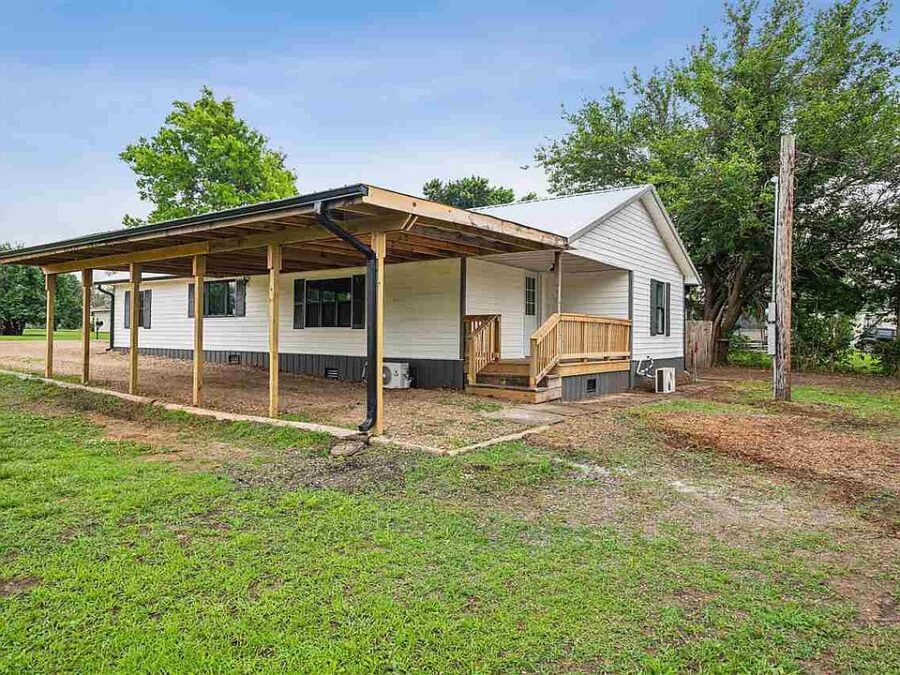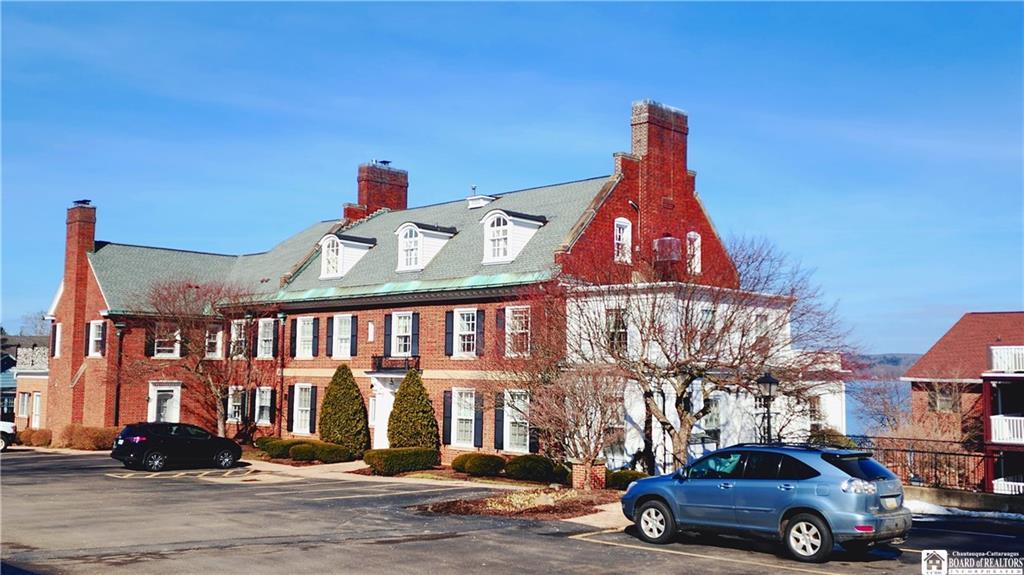When planning upgrades to a property, homeowners often wonder, does a new septic system add value? While installing a septic system may not seem as glamorous as a kitchen renovation or a backyard makeover, it plays a crucial role in the property’s functionality, resale appeal, and long-term value. In this article, we explore how a new septic system impacts property value, when it makes the most sense to install one, and what homeowners should know before making the investment.
Understanding the Importance of a Septic System

A septic system is an underground wastewater treatment structure commonly used in homes that aren’t connected to municipal sewer lines. It manages the safe disposal of sewage and greywater from household use.
Why Septic Systems Matter for Property Value
- Essential Infrastructure: Buyers need assurance that basic utilities like sewage management are reliable.
- Environmental Compliance: Modern systems are more eco-friendly and meet stricter regulations.
- Operational Efficiency: A well-functioning septic system prevents costly repairs and environmental issues.
Without a properly working septic system, selling a home can become complicated or even impossible in some areas.
How a New Septic System Adds Value to Your Property
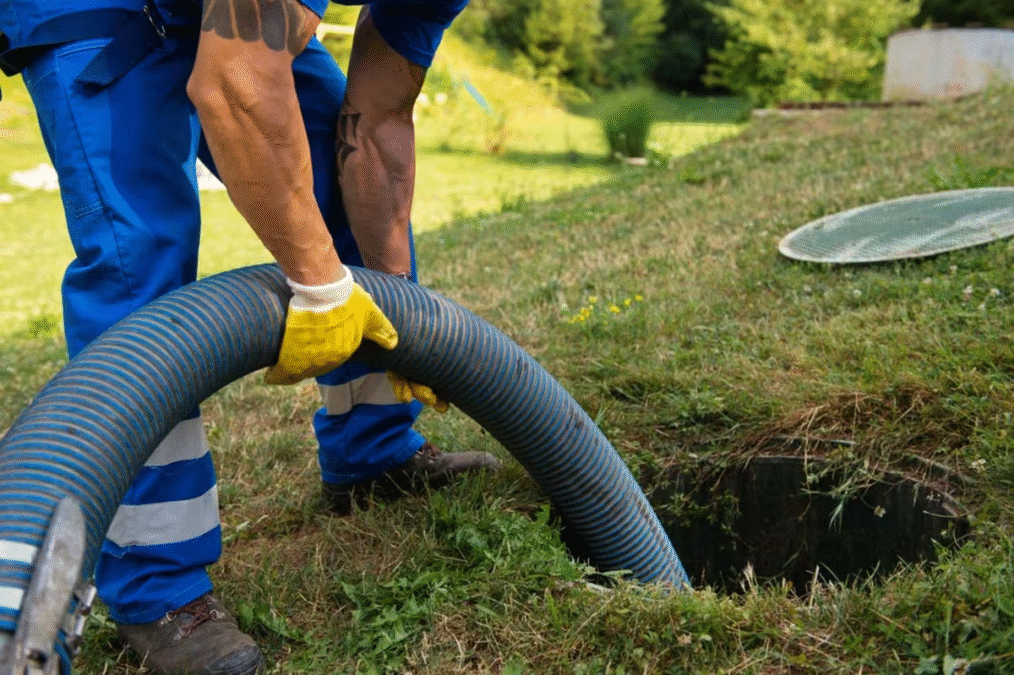
Enhanced Marketability
Homes with a brand-new septic system are more attractive to buyers, especially in rural or semi-rural areas where sewer hookups aren’t available. Buyers appreciate knowing they won’t have to invest in major upgrades after purchasing.
Higher Appraised Value
Appraisers consider a home’s utility systems when assigning value. A newly installed septic system that meets current codes can positively influence the appraisal, especially if the old system was near the end of its lifespan.
Compliance with Local Regulations
Some jurisdictions require property owners to upgrade septic systems to meet environmental standards before a property can be sold. A compliant system removes obstacles during the closing process, making the sale smoother and faster.
Peace of Mind for Buyers
A new septic system offers assurance to buyers that they won’t face immediate major repairs, fostering confidence and possibly justifying a higher sale price.
Key Factors That Influence Value Increase

Several factors determine how much a new septic system will add to your home’s value:
Location
In rural areas where septic systems are the norm, a new system can add significant value. In contrast, in urban or suburban settings with available sewer hookups, the perceived value may be lower.
System Type
Advanced treatment systems that enhance environmental protection may add more value compared to basic conventional systems.
Examples include:
- Aerobic Treatment Units (ATUs)
- Sand filter systems
- Mound systems for properties with high water tables
Age and Condition of Previous System
If the old septic system was failing, leaking, or not up to code, installing a new one immediately improves the property’s livability and value.
Documentation and Warranties
Providing potential buyers with professional installation records, inspections, and warranties adds credibility and increases the perceived value of the new system.
Costs and Returns: Is It Worth It?
How Much Does a New Septic System Cost?
- Standard gravity system: $3,000 – $7,000
- Advanced treatment system: $8,000 – $20,000+
- Drain field replacement: $2,000 – $15,000 depending on size and soil conditions
The overall cost depends on soil quality, local regulations, house size, and system type.
What Is the Expected Return on Investment (ROI)?
Homeowners can expect to recover up to 80-100% of the septic system installation costs when selling, depending on market conditions and property location. In highly competitive rural markets, a new septic system can be a major selling point that seals the deal faster and at a better price.
When Should You Consider Installing a New Septic System?
- Before Listing Your Home for Sale: Especially if inspections show the existing system is faulty.
- After Major Home Renovations: If you’re adding bedrooms or bathrooms, local codes may require an upgraded system.
- After a System Failure: If you notice frequent backups, foul odors, or soggy ground near the tank, it’s time to replace it.
Common Questions About Septic Systems and Home Value
Does replacing an old septic system increase resale value?
Yes, replacing an old, non-functional, or outdated system can significantly boost your home’s resale appeal and possibly its final selling price.
Can I sell my house without replacing a bad septic system?
It depends on local regulations. In many areas, selling a home with a failing septic system is illegal. Even if allowed, it can drastically lower the property’s market value and scare off buyers.
How do I prove to buyers that the septic system is new and reliable?
Always keep:
- Installation invoices
- Inspection reports
- Warranty documentation
- Permits and approvals from local authorities
Providing these documents during a sale builds trust with buyers and appraisers.
Best Practices for Maintaining Your Septic System
Even after installing a new septic system, maintenance is key to preserving its value over time:
- Schedule regular pumping (every 3–5 years depending on usage)
- Avoid flushing non-biodegradable items
- Keep records of maintenance and inspections
- Be cautious with landscaping over the drain field
Regular maintenance ensures you maximize the long-term value of your investment.
Case Study: New Septic System Boosts Sale Price
A homeowner in upstate New York had a 30-year-old septic system nearing failure. Before listing their home, they invested $12,000 in a new septic installation. The property sold within 30 days, at 8% above the asking price, compared to similar nearby homes struggling to sell due to septic issues.
Lesson: Investing in a reliable septic system paid off significantly.
Conclusion
So, does a new septic system add value? Absolutely — especially if the old system was aging or not up to current standards. A new septic system improves marketability, boosts appraisal value, ensures regulatory compliance, and provides peace of mind for buyers. For many homeowners, the investment leads to quicker sales, fewer negotiations, and higher closing prices.


